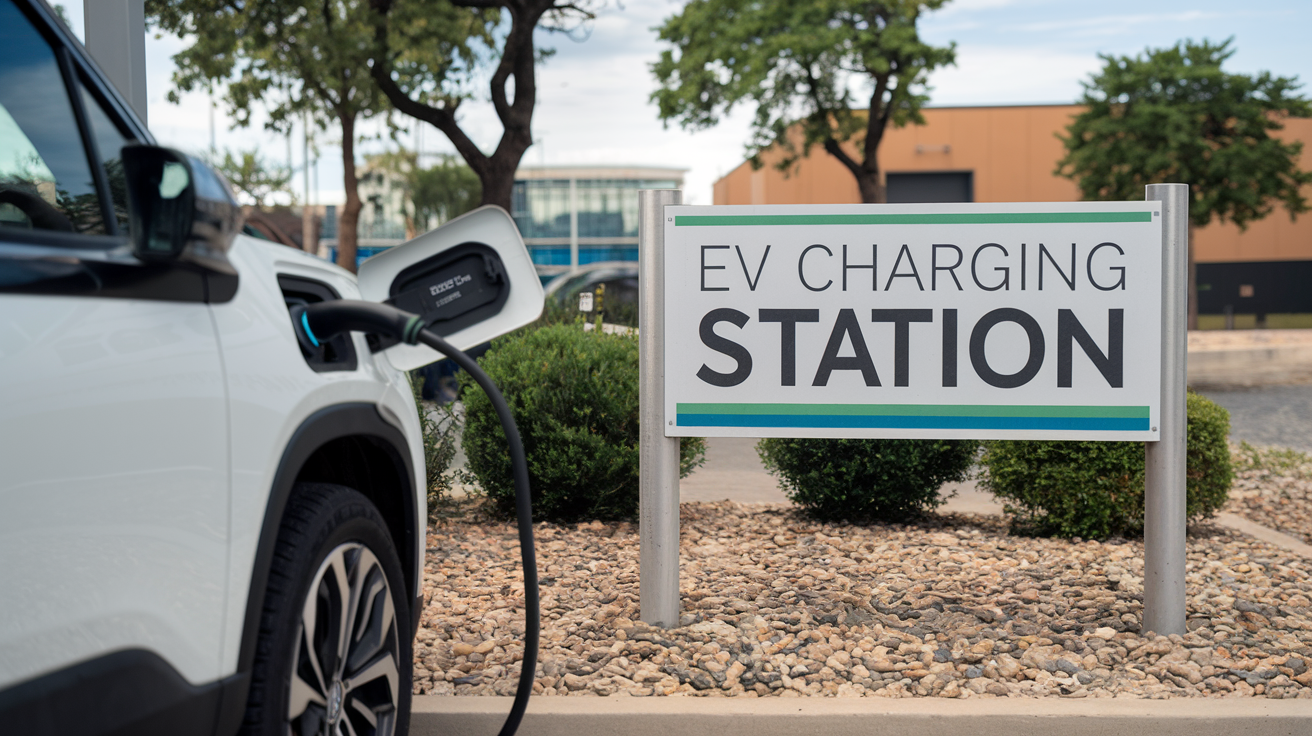
Connected vehicle makers face complex global regulations as US, EU, and China implement divergent rules for software, privacy, and cybersecurity, effective 2025.

Drivetech Partners
The global automotive industry faces unprecedented challenges as connected vehicle technology collides with an increasingly complex web of international regulations. Automotive manufacturers must now balance innovation with compliance across contradictory standards in major markets like the US, EU, and China, with each region implementing distinct rules for software, hardware, data privacy, and cybersecurity. The US Connected Vehicles Final Rule taking effect in 2025 and China's new AI governance framework represent just two examples of the divergent regulatory approaches that are reshaping how connected cars are designed, manufactured, and distributed worldwide.
Key Takeaways
The US Connected Vehicles Final Rule effective March 2025 bans import/sale of connected vehicles and components from China/Russia
Manufacturers face increasing compliance costs from regulatory research, specialized personnel, and certification requirements
Effective compliance requires comprehensive risk assessment across the entire automotive value chain
Connected vehicles must address data privacy regulations across multiple jurisdictions, including at least 17 US states with specific laws
Forward-thinking brands can transform compliance from burden to competitive advantage through transparency and early standard adoption
The Global Regulatory Landscape: A Complex Patchwork
Connected vehicle manufacturers operate in a fractured global regulatory environment where major markets maintain separate standards. These differences create significant challenges for automotive brands looking to distribute their products internationally while maintaining compliance.
In the United States, the Connected Vehicles Final Rule takes effect March 17, 2025, implementing strict restrictions on connected vehicles with Chinese or Russian components. This regulation specifically targets Vehicle Connectivity Systems (VCS) and Automated Driving Systems (ADS), with a phased approach:
Software prohibitions beginning with model year 2027
Hardware prohibitions starting with model year 2030 (or January 1, 2029 if no model year designation exists)
China has developed a contrasting framework centered on domestic control with limited foreign involvement. Key Chinese regulations include:
Artificial Intelligence Security Governance Framework (v1.0) - effective September 9, 2024
Regulations on Network Data Security Management - effective January 1, 2025
The European Union applies yet another set of standards, particularly focused on data protection and consumer rights, while additional Asian markets maintain their unique regulatory approaches. This creates a complex matrix of compliance requirements spanning safety, emissions, cybersecurity, and data privacy domains.
Critical Compliance Challenges for Connected Vehicle Manufacturers
Automotive manufacturers face growing hurdles in meeting regulatory requirements across rapidly evolving environments. The integration of autonomous systems, 5G connectivity, digital cockpits, and advanced sensors has dramatically increased the complexity of compliance efforts.
Cross-border data flow restrictions significantly impact system interoperability and functionality, forcing manufacturers to create region-specific vehicle systems at considerable cost. The financial burden of compliance includes:
Ongoing regulatory research and tracking
Specialized compliance personnel
Technical infrastructure for verification
Sophisticated tracking systems
Certification requirements add another layer of complexity, with standards like ISO 26262 and IATF 16949 requiring regular verification. These challenges disproportionately affect smaller manufacturers with limited compliance resources.
Building an Effective Automotive Compliance Management System
To manage the complex web of regulations, automotive brands must implement structured compliance systems that can adapt to changing requirements. An effective Automotive Compliance Management System includes several key components:
Clearly defined policies covering safety, emissions, cybersecurity, and supply chain ethics
Comprehensive risk assessment processes across the entire value chain
Automated monitoring and reporting tools for tracking regulatory changes
Regular internal and external audits for critical standards compliance
Employee training on regulations relevant to their specific functions
Embedding compliance requirements in supplier contracts creates accountability throughout the supply chain. Digital traceability tools like blockchain can provide transparency for critical components, creating immutable records of compliance.
Data Privacy Requirements in Connected Vehicles
Modern connected vehicles process vast amounts of sensitive user data, including personal information, vehicle telemetry, and precise location data. This information is subject to increasingly strict regulations across multiple jurisdictions.
In the United States, relevant frameworks include the Gramm-Leach-Bliley Act, Fair Credit Reporting Act, and Federal Trade Commission Act. Additionally, at least 17 US states have implemented specific privacy laws as of 2025, creating a complex compliance landscape.
Best practices for data privacy compliance include:
Encrypting sensitive data both in transit and storage
Implementing comprehensive anti-malware and patch management systems
Restricting unauthorized software downloads to vehicle systems
Regular auditing and mapping of data flows throughout vehicle systems
Establishing written data retention and disposal policies
Cybersecurity Measures for Regulatory Compliance
Connected vehicles present multiple attack surfaces requiring layered security approaches. Proactive security must extend across hardware, firmware, software, and communication protocols to meet regulatory requirements.
Modern regulatory frameworks increasingly demand specific technical safeguards, including:
Segmented network architecture with proper access controls
Secure boot processes and firmware validation mechanisms
Intrusion detection systems for vehicle networks
Regular penetration testing and vulnerability assessments
Over-the-air (OTA) update capabilities with integrity verification
These requirements help protect vehicles from emerging threats while ensuring compliance with evolving cybersecurity regulations in major markets.
Managing Supply Chain Compliance and Geopolitical Risks
Growing geopolitical tensions have created new compliance challenges for global automotive brands. The US restrictions on Chinese and Russian components require enhanced supply chain verification to ensure that prohibited parts don't enter vehicles intended for the US market.
Recommended strategies for managing these challenges include:
Conducting thorough component origin audits throughout the supply chain
Maintaining detailed documentation of supplier compliance status
Developing alternative sourcing strategies for critical components
Implementing blockchain or similar technologies for immutable supply records
Conducting regular supplier compliance training and auditing
These measures help manufacturers adapt to shifting geopolitical landscapes while maintaining access to key markets.
Future-Proofing: Proactive Strategies for Ongoing Compliance
To stay ahead of regulatory changes, manufacturers must adopt proactive compliance strategies that anticipate future requirements. This includes continuously monitoring global and local regulatory shifts, particularly in major markets where new commercial vehicle regulations are forthcoming.
Transparent customer communication regarding data handling and connected services builds trust while supporting compliance. Manufacturers can leverage Customer Relationship Management (CRM) systems like Salesforce to centralize compliance tracking and customer consent management.
Other future-proofing strategies include:
Investing in AI-powered compliance tools for predictive insights
Building scalable compliance infrastructure adaptable to new requirements
Participating in industry standards development for early awareness
Regular simulation of compliance scenarios to test system robustness
Leveraging Compliance as a Competitive Advantage
Forward-thinking automotive brands can transform compliance from a burden into a market differentiator. Transparent communication about data protection builds consumer trust in an era of increasing privacy concerns.
Early adoption of emerging standards allows for smoother product development cycles and reduces costly late-stage design changes. Participation in regulatory development provides valuable competitive intelligence and can help shape standards advantageous to a brand's technological direction.
Collaboration with industry consortiums like the Car Connectivity Consortium strengthens compliance capabilities through shared knowledge and resources. A strong compliance posture also reduces liability and warranty risks, creating financial benefits beyond simple regulatory adherence.
By embracing compliance as a strategic priority rather than a necessary evil, manufacturers can gain advantages in consumer trust, operational efficiency, and market access that translate into real competitive benefits.
Sources
Baker Institute - How Connected Vehicle Regulations May Impact US Automotive Imports
UL - Expanding Global Markets: Automotive Wireless Devices and Components
Car Connectivity Consortium - About
Gibson Dunn - BIS Connected Vehicles Rule Effective as of March 17, 2025





